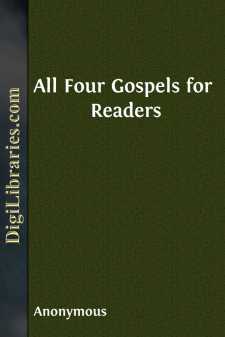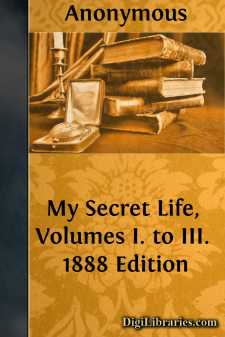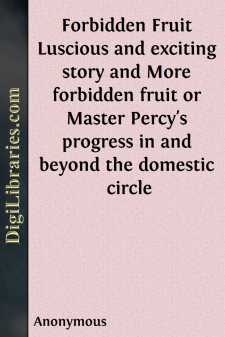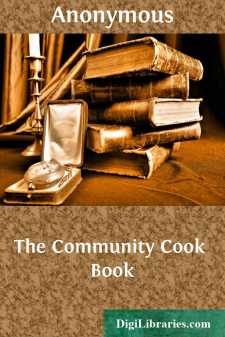Categories
- Antiques & Collectibles 13
- Architecture 36
- Art 48
- Bibles 22
- Biography & Autobiography 813
- Body, Mind & Spirit 142
- Business & Economics 28
- Children's Books 17
- Children's Fiction 14
- Computers 4
- Cooking 94
- Crafts & Hobbies 4
- Drama 346
- Education 46
- Family & Relationships 57
- Fiction 11829
- Games 19
- Gardening 17
- Health & Fitness 34
- History 1377
- House & Home 1
- Humor 147
- Juvenile Fiction 1873
- Juvenile Nonfiction 202
- Language Arts & Disciplines 88
- Law 16
- Literary Collections 686
- Literary Criticism 179
- Mathematics 13
- Medical 41
- Music 40
- Nature 179
- Non-Classifiable 1768
- Performing Arts 7
- Periodicals 1453
- Philosophy 64
- Photography 2
- Poetry 896
- Political Science 203
- Psychology 42
- Reference 154
- Religion 513
- Science 126
- Self-Help 84
- Social Science 81
- Sports & Recreation 34
- Study Aids 3
- Technology & Engineering 59
- Transportation 23
- Travel 463
- True Crime 29
The Pearl Box Containing One Hundred Beautiful Stories for Young People, by a Pastor
by: Anonymous
Description:
Excerpt
YOUNG USHER.
You gave read of that remarkable man, Mr. Usher, who was Archbishop of Armagh. I will tell you something about his early childhood. He was born in Dublin, in the year 1580, and when a little boy he was fond of reading. He lived with his two aunts who were born blind, and who acquired much knowledge of the Scriptures by hearing others read the Scriptures and other good books. At seven years of age he was sent to school in Dublin; at the end of five years he was superior in study to any of his school fellows, and was thought fully qualified to enter the college at Dublin.
While he was at college he learned to play at cards, and he was so much taken up with this amusement that both his learning and piety were much endangered. He saw the evil tendency of playing at cards, and at once relinquished the practice entirely. When he was nine years old, he heard a sermon preached which made a deep impression on his mind. From that time he was accustomed to habits of devotion. He loved to pray, and he felt that he could not sleep quietly without first commending himself to the care of his Heavenly Father for protection. You see him in the picture kneeling by his bed side, alone with God. When he was fourteen years old, he began to think about partaking of the Lord's supper. He thought this act to be a very solemn and important one, and required a thorough preparation. On the afternoon previous to the communion, he would retire to some private place for self examination and prayer. When he was but sixteen years of age, he obtained such a knowledge of chronology as to have commenced the annals of the Old and New Testaments, which were published many years after, and are now a general standard of reference.
When his father died, he being the eldest son, the paternal estate was left to him to manage. But as he feared that it would occupy too much of his time and attention, he gave it entirely to his brother and sisters, reserving only enough for his books and college expenses. At the age of twenty he entered the ministry, and seven years after was chosen a professor in the University of Dublin. In 1640, he visited England at the time of the commencement of the rebellion; all his goods were seized by the popish party, except some furniture in his house, and his library at Drogheda, which was afterwards sent to London. He bore his loss with submission, but he never returned to Ireland. He had many trials to endure on account of the troublous times in England, (it being the time of the civil wars.) In 1646 he received a kind invitation from the Countess of Peterborough to reside in one of her houses, which proposal he accepted and lived in one of them till his death, in 1665. By the direction of Cromwell he was buried in Westminster Abby.
A man was going from Norwich to New London with a loaded team; on attempting to ascend a hill where an Indian lived he found his team could not draw the load. He went for the Indian to assist him. After he had got up the hill he asked the Indian what was to pay....












